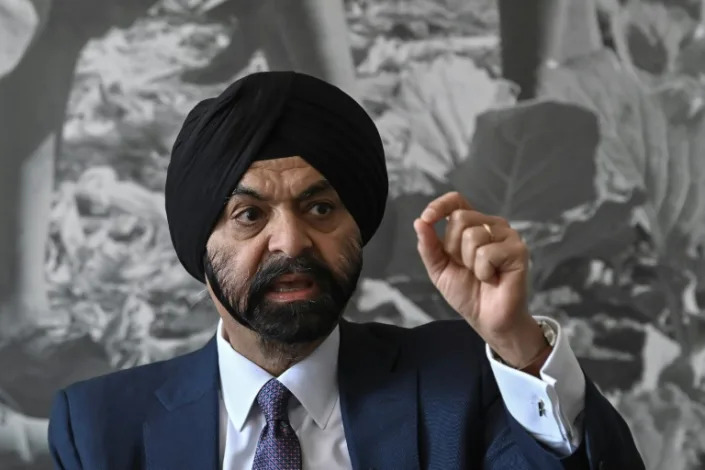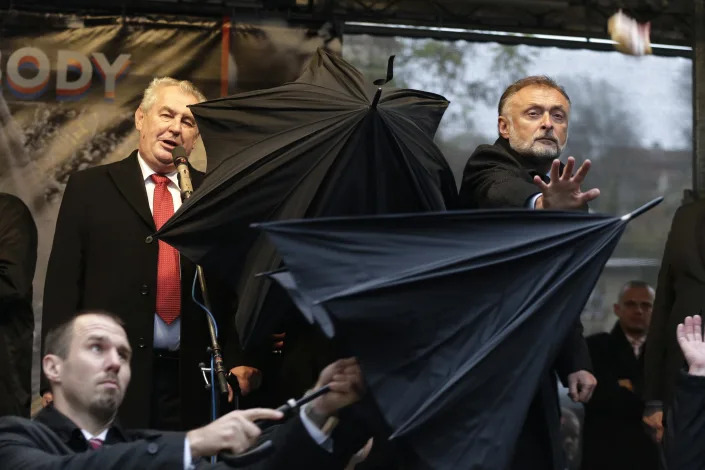Stephen J. McConnell
Wed, March 8, 2023
Walk along a stream that slips through North Carolina’s cities, towns and rural communities and you may witness filthy water and suspicious colors and smells.
Vital contributors to public water systems, our rivers are under assault.
In 2022, the North Carolina Department of Environmental Quality released its bi-annual impaired and threatened waters list, a catalog that reveals hundreds of waterways statewide that are violating water quality standards, including for fecal coliform, turbidity, mercury and arsenic.
From the Appalachians to the rolling hills of the Piedmont to the Coastal Plain, numerous rivers, streams and creeks have made the list, such as the Neuse in the Triangle, several waterways in the Catawba River Basin enveloping the Charlotte area, and many other smaller, less conspicuous creeks that quietly wind through our communities.
The catalog bulges in size, offering a blaring and sad warning sign of our sick rivers.

Stephen McConnell
Substantial population growth is straining antiquated sewer treatment plants that discharge into our waterways. Adding to the problem, haphazard development continues to mow down protective forests and vegetation, natural barriers that help prevent a cocktail of pollutants from reaching rivers.
For years, environmental groups, researchers and media outlets have sounded the alarm on our ever increasingly tainted waterways. Watchdogs have published many reports detailing how a wicked storm of harmful chemicals, animal waste, excessive dirt, and other human disturbances are purged into rivers daily.
According to a recent analysis by Environment America, North Carolina’s industries earned the dubious distinction of releasing the most developmental toxins — chemicals that interfere with childhood development — into our waterways in the nation, with 602,927 pounds discharged in 2020 alone.
North Carolina is also among the top 10 states in the level of cancer-causing substances flushed into rivers and streams, according to the report. Other reports reveal further problems, including dozens of sanitary sewer overflows into the Catawba River, a source of drinking water for more than 2 million people in southwest North Carolina.
A troublesome environmental and public health problem is brewing. Rivers and streams feed reservoirs and lakes that are drawn from to provide drinking water to millions of homes and businesses. Waterways also serve as sources of food for people and animals, and rivers provide a plethora of recreational opportunities.
State legislators and policymakers are likely, and rightly, enjoying the economic growth they have sown, but that tight-laced paradigm quickly reveals its shortcomings when it wreaks havoc on our environment.
To restore our rivers, the state needs to significantly increase investment in environmental protection, including fully addressing the backlog of upgrades to the strained wastewater treatment plants that the state’s own analysis says must be fixed. Recent efforts are laudable, but admittedly advanced by lucky injections of federal money.

A rendering of the River District, a 1,400-acre development expected to transform a largely vacant tract along the Catawba River about 8 miles from uptown Charlotte. Work has already begun on infrastructure like roads, water and sewer.
State and local governments must also better manage residential and commercial development and ensure that economic objectives are fully aligned with environmental protection, a paradigm that fosters smart growth for the benefit of all, including our rivers and health.
The state must also bolster water quality monitoring and enforcement efforts. We need only remember the lessons from the years-long discharges of cancerous “forever chemicals” into our waters and playing the risk-laden catch-up game there.
We must be stewards of our home and think holistically. Otherwise, wins and ribbon-cuttings will be undercut by consequences with a life-threatening price that is absolutely not an indicator of success.
Stephen J. McConnell was an investigative reporter for several newspapers in the U.S. He currently teaches writing at New York University and lives in Durham.
















